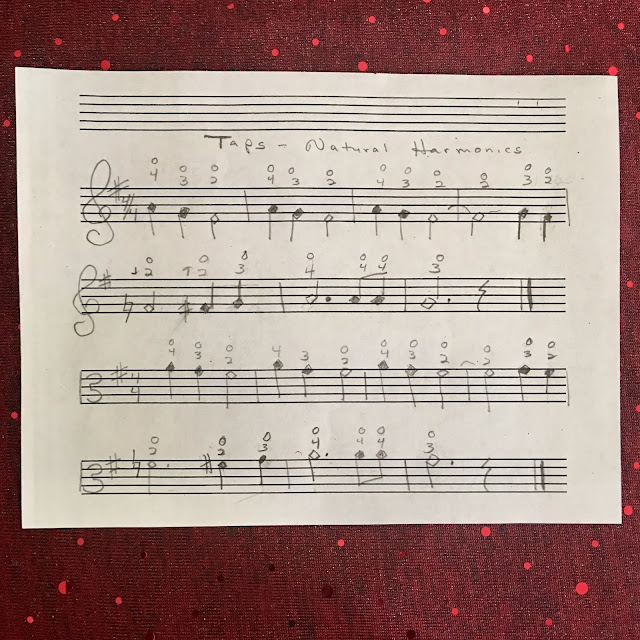Helping Students Accept Feedback and Make Corrections
From Resource Manager:
"Here's some of the best advice I ever got when it comes to giving feedback:
"The goal of feedback is to encourage future positive behaviors. It's not positive or negative, it's simply ... information."
Something about that clicked with me.
It was the thought of feedback simply being ... information.
(Of course, feedback also includes knowledge and wisdom that comes from experience but ... bottom line is that its information)
The dilemma is, too often we see feedback as positive or negative that has some emotional tie to it.
Not the case, folks.
It’s factual advice, meant to be helpful and guide your employees in the right direction.
No emotional strings attached."
Applying this to music instruction:
When we say it is A natural, not A flat then we are working to improve student performance. Having the student learn to accept feedback and make corrections quickly helps them develop flexibility and resilience.
Some of the benefits of learning a musical listening are developing listening skills and learning to accept constructive criticism. This process is also a problem-solving task. Figure out the problem. Figure out a solution.
Giving specific instructions step by step helps develop better habits. Breaking down the task into small steps helps give success experiences. For example, drilling one measure or one small passage is more manageable than a full phrase.
Gabe Bolkovsky said at a master class it is often a problem from one note to the next. So focus on the transition between the two tricky notes, such as a shift or an accidental, and use rhythms and repetitions to solve the problem.
Joy Grimes described music as a journey from one note to another. This concept helps in building musical drama through dynamics. What is the feeling of the music? What is the story you are trying to tell? Is it a song? Is it a dance? Create a mood that makes the music sparkle.
How can we help each student become their own teacher? Useful strategies are watching yourself in a mirror, evaluating your own performance in a video or audio recording, using a metronome, and using a tuner to match pitch. The goal is to learn to give accurate self-feedback. Especially in this time of separation due to the self-distancing, those skills help elevate accuracy and technical skills.
"Here's some of the best advice I ever got when it comes to giving feedback:
"The goal of feedback is to encourage future positive behaviors. It's not positive or negative, it's simply ... information."
Something about that clicked with me.
It was the thought of feedback simply being ... information.
(Of course, feedback also includes knowledge and wisdom that comes from experience but ... bottom line is that its information)
The dilemma is, too often we see feedback as positive or negative that has some emotional tie to it.
Not the case, folks.
It’s factual advice, meant to be helpful and guide your employees in the right direction.
No emotional strings attached."
Applying this to music instruction:
When we say it is A natural, not A flat then we are working to improve student performance. Having the student learn to accept feedback and make corrections quickly helps them develop flexibility and resilience.
Some of the benefits of learning a musical listening are developing listening skills and learning to accept constructive criticism. This process is also a problem-solving task. Figure out the problem. Figure out a solution.
Giving specific instructions step by step helps develop better habits. Breaking down the task into small steps helps give success experiences. For example, drilling one measure or one small passage is more manageable than a full phrase.
Gabe Bolkovsky said at a master class it is often a problem from one note to the next. So focus on the transition between the two tricky notes, such as a shift or an accidental, and use rhythms and repetitions to solve the problem.
Joy Grimes described music as a journey from one note to another. This concept helps in building musical drama through dynamics. What is the feeling of the music? What is the story you are trying to tell? Is it a song? Is it a dance? Create a mood that makes the music sparkle.
How can we help each student become their own teacher? Useful strategies are watching yourself in a mirror, evaluating your own performance in a video or audio recording, using a metronome, and using a tuner to match pitch. The goal is to learn to give accurate self-feedback. Especially in this time of separation due to the self-distancing, those skills help elevate accuracy and technical skills.
 |
| Sara Penny and Mavoureen Lamb at a Cedar City Arts Walk in 2017. |



Comments
Post a Comment